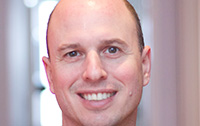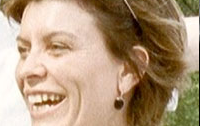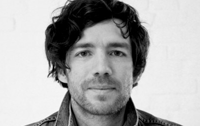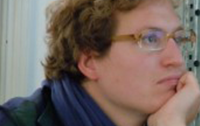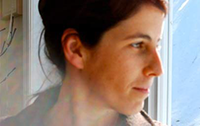University of California Irvine
Kavita Philip is Associate Professor of Women’s Studies at the University of California, Irvine. She works in the field of Science and Technology Studies. Her current research areas are environmental history; postcolonial and feminist science studies; globalization;
new media technologies.
Her articles in environmental history, globalization, and new media studies have appeared in the journals Cultural Studies, Postmodern Culture, NMediaC, and Environment and History. She has recently published a monograph on the history of colonial science in south India: Civilizing Natures, Rutgers University Press. She is working on a new manuscript, co-authored with Terry Harpold, entitled Going Native: Cyberculture and the Millennial Fantasies of Globalization (forthcoming, Routledge).
In her capacity as Affiliate Scholar, Prof. Philip is interested in the creation of metaphors for thinking in technoscientific contexts. Historians of science have long known that metaphors are indispensable parts of investigation and explanation, and that the richness and squishiness of metaphors have long challenged simple correspondence theories of truth. Her research constructs tools, ideas, and contexts which we can use to investigate, modify, and sharpen key concepts in the history of science.


